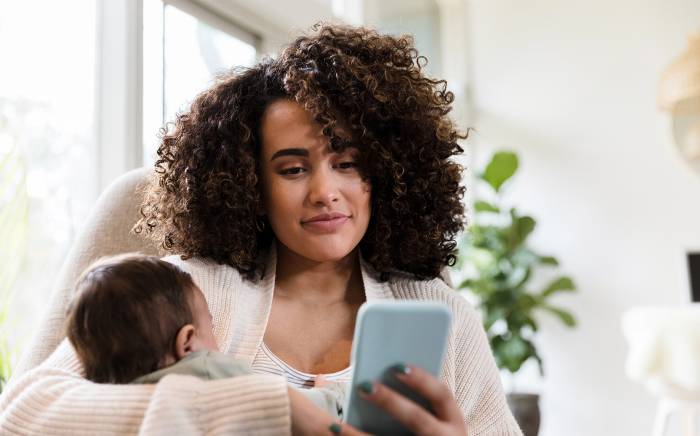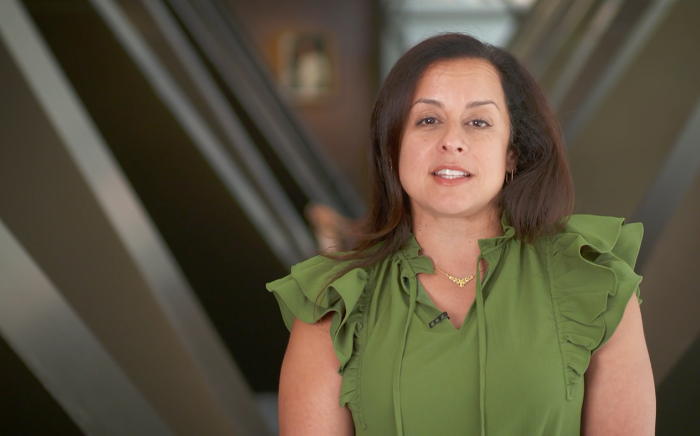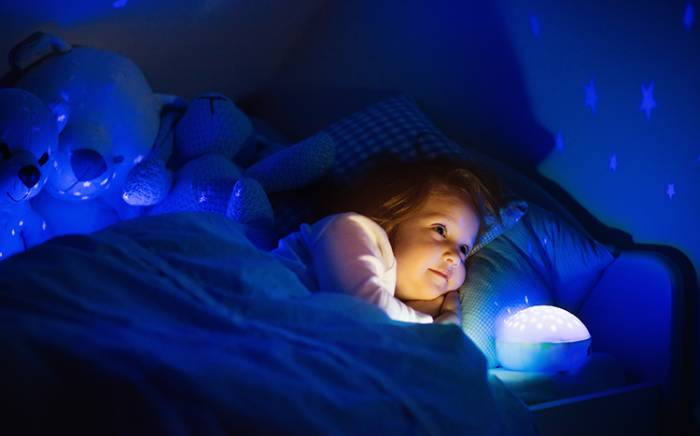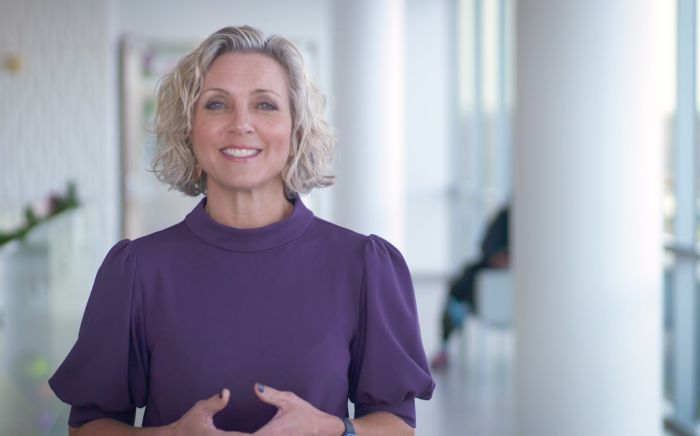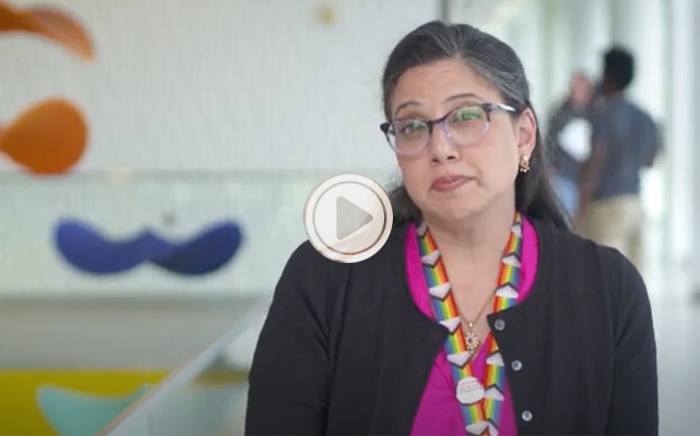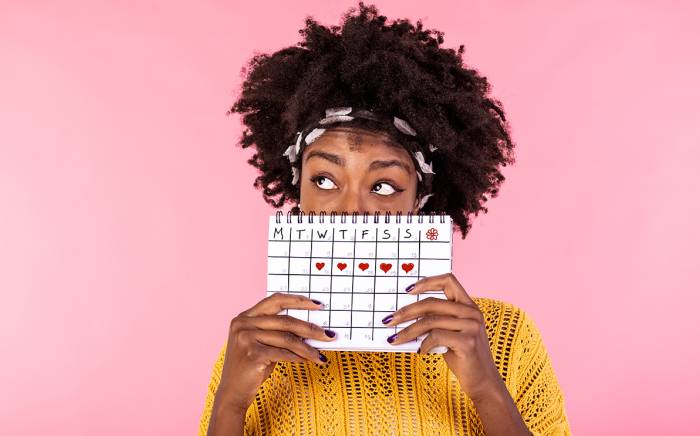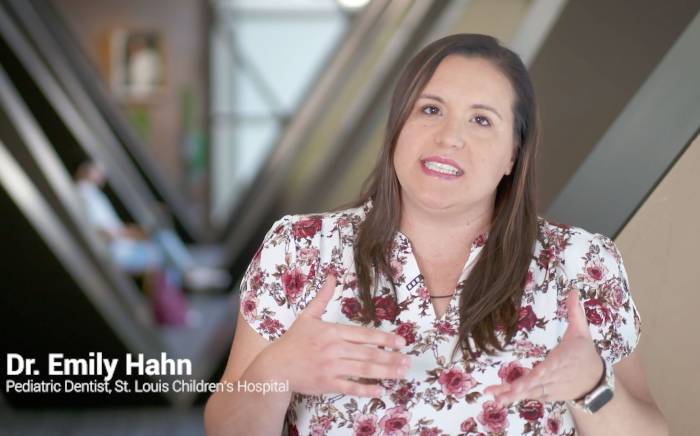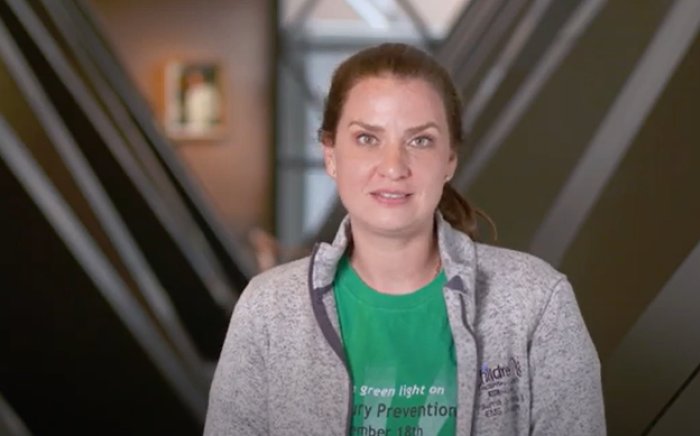According to the Centers for Disease Control and Prevention, more than 60,000 young children end up in emergency rooms each year because they get into medications and vitamins when their parents or caregivers are not looking. This is why it is so important to store medications in a cool, dry place—either well out of the reach of children or in a locked cabinet. But do you know how to safely dispose of unused and expired medications?
According to Dale Lewis, RPh, outpatient pharmacy manager at St. Louis Children’s Hospital, simply throwing medications in the trash or flushing them down the toilet can be hazardous for children and animals as well as a threat to community drinking water.
“Children and household pets are curious and could easily find old medications or vitamins that have been tossed in the household trash can,” Lewis says. “Think how quickly a dog can get into the trash and scatter the contents—it happens in an instant. Flushing drugs down the toilet can be tempting because it quickly eliminates the hazard, but the Environmental Protection Agency clearly discourages this practice. Flushing sends medications to wastewater treatment plants and then into our rivers and streams.”
So how do you safely dispose of drugs? Lewis offers several options:
Missouri Prescription Pill and Drug Disposal Program
St. Louis County has one of the largest prescription pill and drug disposal programs in the country, called P2D2. The mission of P2D2 is to provide St. Louis County communities with a responsible method of pharmaceutical disposal that protects people and the environment. There are drop-off locations at police stations throughout St. Louis County where you can safely dispose of medications 24 hours a day, seven days a week. For a list of these locations and more information about the program, visit missourip2d2.org.
Illinois Environmental Protection Agency
Illinois residents can find medication disposal information on the Illinois Environmental Protection Agency website.
Call Your Pharmacist
While pharmacies ARE NOT legally allowed to take back unused medications, you can call your pharmacy to inquire about safe drug take-back programs available in your area.
As a last resort, and only if there are no safe drug take back programs in your area, follow these steps:
- Wait until the day trash is picked up in your area.
- Mix medications (do NOT crush tablets or capsules) with an unpalatable substance such as kitty litter or used coffee grounds and put in a sealed plastic bag.
- Pour a little soda or carbonated beverage in the bag so it starts dissolving the medicine.
- Place the bag inside another bag and wrap it tightly with duct tape.
- Throw the container in your trashcan at the curb—not inside the house.
One final bit of advice from Lewis is about your privacy.
“Before you throw out any empty pill bottles, be sure to scrape off the label,” Lewis says. “You don’t want your name and address and what medications you are taking to fall into the wrong hands, particularly if it is some sort of prescription painkiller. It could potentially invite trouble from a person who is addicted to these medications and may be looking for more.”




